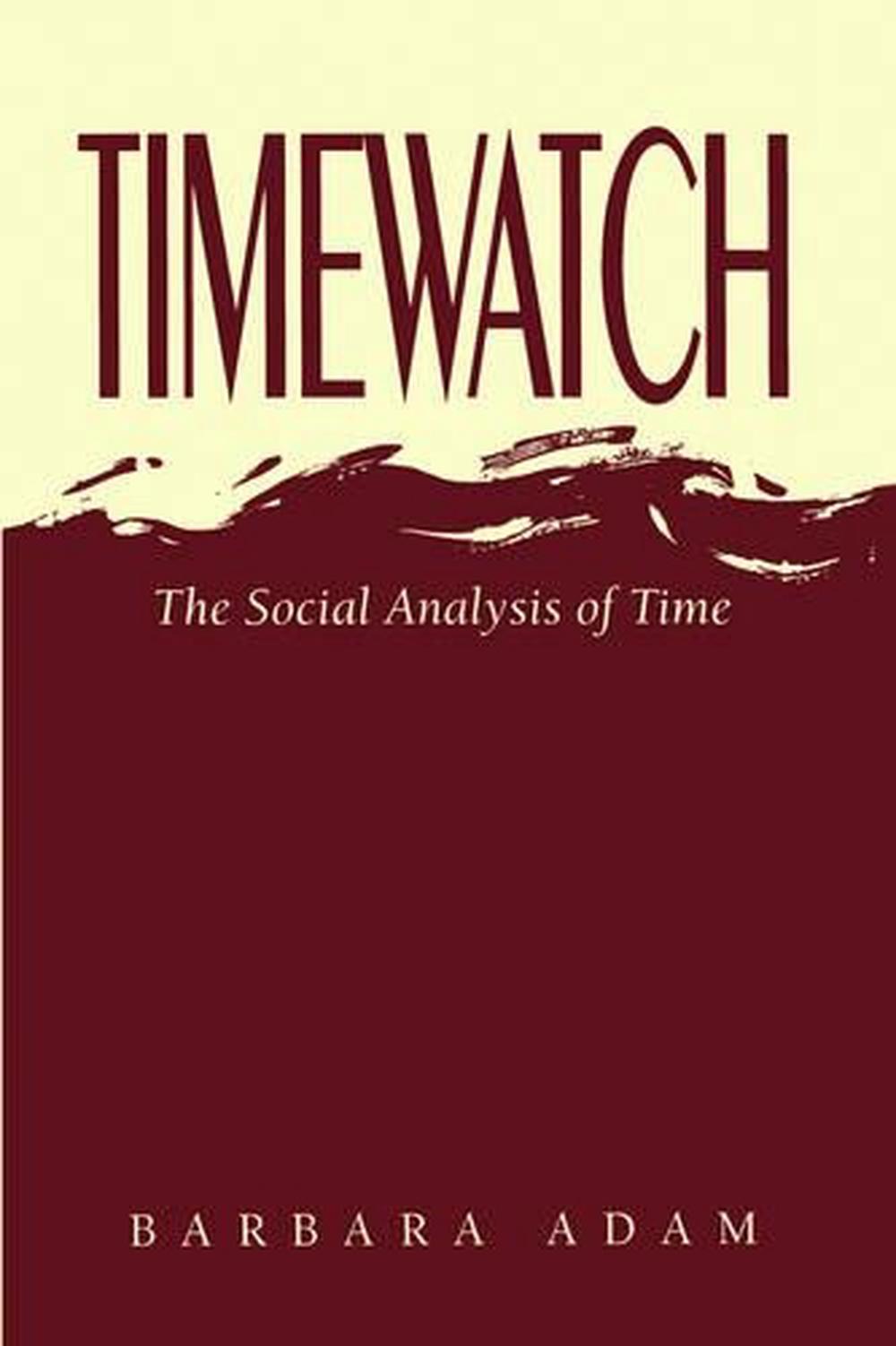
Timewatch, 1st Edition
the social analysis of time
$62.45
- Paperback
216 pages
- Release Date
7 January 1995
Summary
In this book the author moves beyond the time of clocks and calendars in order to study time as embedded in social interactions, structures, practices and knowledge, in artefacts, in the body, and in the environment. Adam suggests ways not merely to deconstruct but to reconstruct both common-sense and social science understanding.
Book Details
| ISBN-13: | 9780745614618 |
|---|---|
| ISBN-10: | 0745614612 |
| Author: | Barbara Adam |
| Publisher: | John Wiley and Sons Ltd |
| Imprint: | Polity Press |
| Format: | Paperback |
| Number of Pages: | 216 |
| Edition: | 1st |
| Release Date: | 7 January 1995 |
| Weight: | 340g |
| Dimensions: | 229mm x 154mm x 16mm |
You Can Find This Book In
What They're Saying
Critics Review
“Barbara Adam is rapidly establishing herself as one of the authorities on the field of time and reflexive social theory. She shows how our present perspective on time is fully out of key with the problems we face in the risk society. This highly original book not only points out the problems but also makes valuable suggestions for a new contextual approach to social theory.” Ulrich Beck, University of Munich
“This book will delight many, including many at late-school or early-university level; since Adam has managed to write at a level accessible to such readers, while simultaneously introducing complexities and depths of theoretical concern often excluded from texts at that level, because seen as too complex. It is a considerable feat to overcome this barrier; and in my view Adam accomplishes it most deftly and successfully.” Fiona Mackie, LaTrobe University
“This … encourages the reader to think resoundingly, reverberatingly, long after the moment of reading it … Barbara Adam’s Timewatch is a most excellent book. Like time itself, it is more than the sum of its parts. It should be used, not just read, to think through how we can all ‘do things with time’.” Time and Society
About The Author
Barbara Adam
Barbara Adam is Professor of Sociology at Cardiff University.
Returns
This item is eligible for free returns within 30 days of delivery. See our returns policy for further details.




